Description
Metoprolol is a medication primarily used to treat various heart conditions. It belongs to a class of drugs known as beta-blockers, which work by blocking the effects of certain natural substances in the body, such as adrenaline. By doing so, metoprolol helps to reduce heart rate, blood pressure, and strain on the heart, ultimately improving its function.


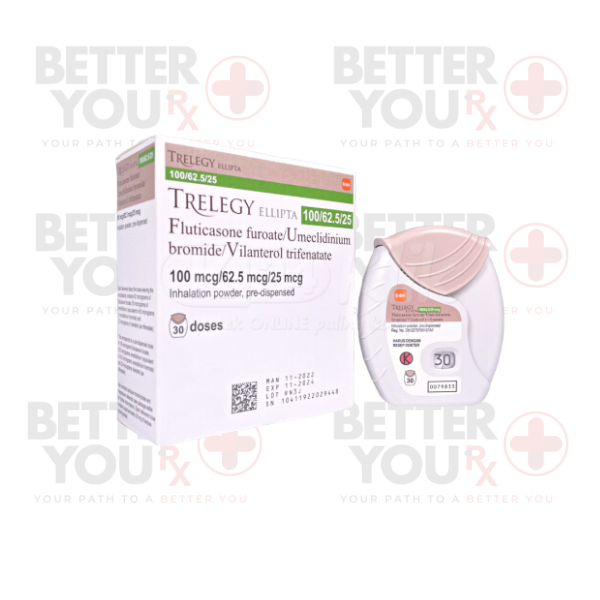
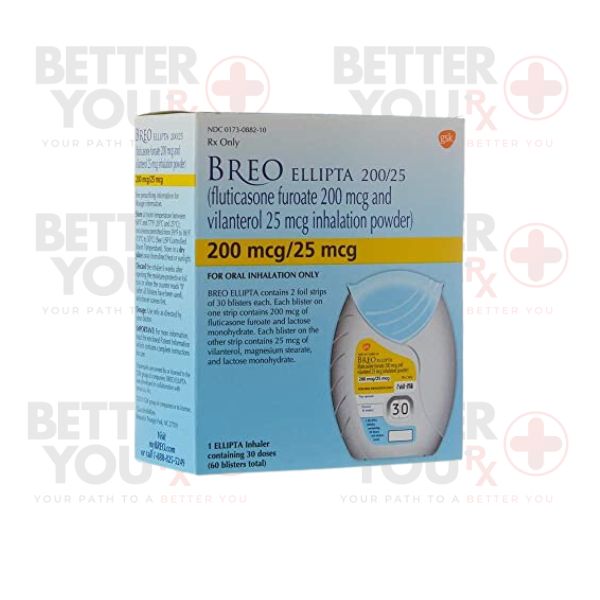
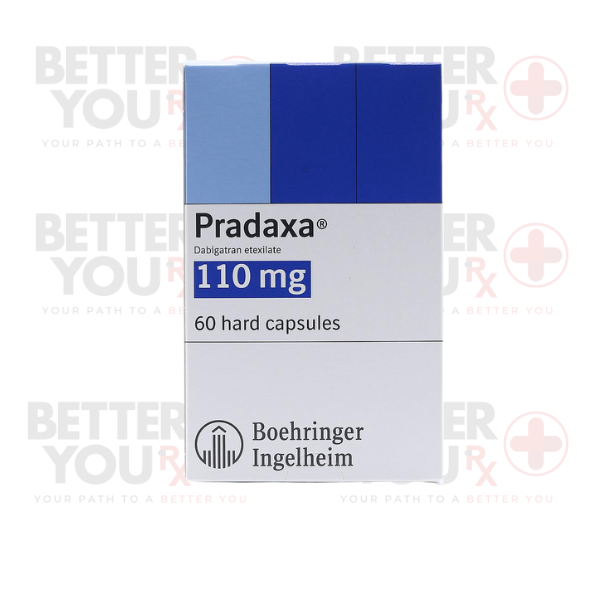
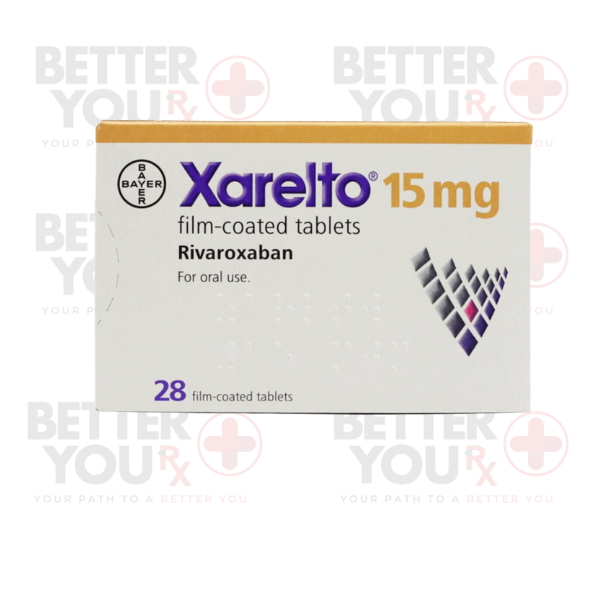
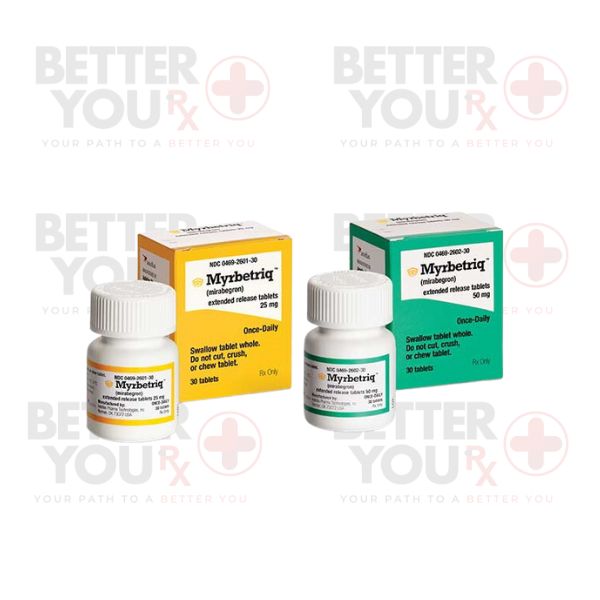

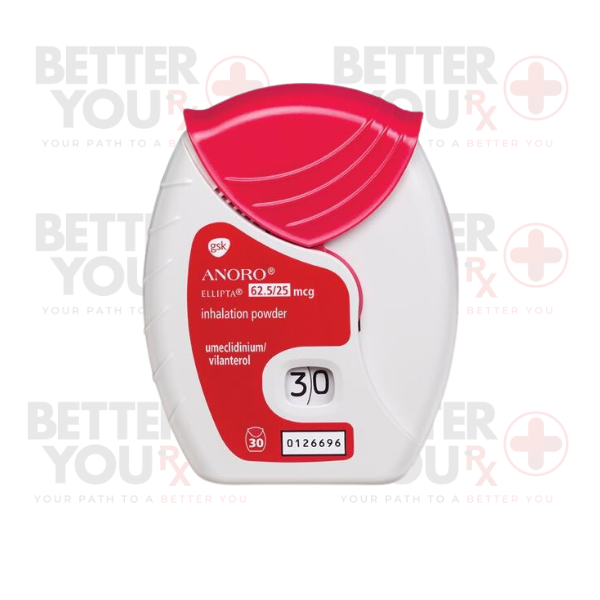
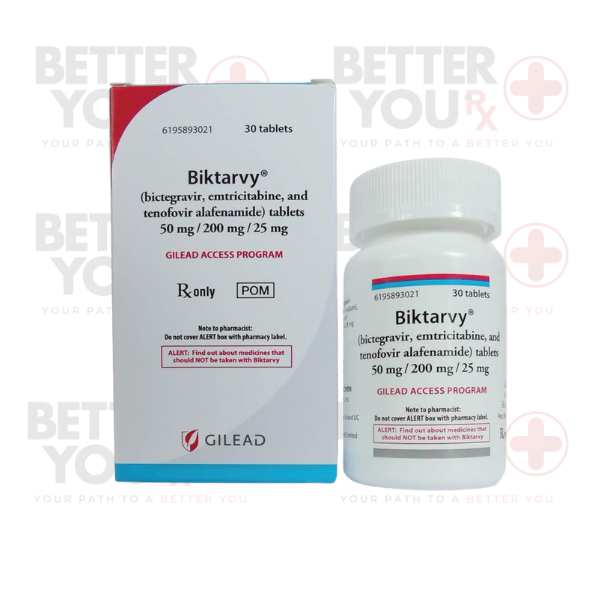
Reviews
There are no reviews yet.